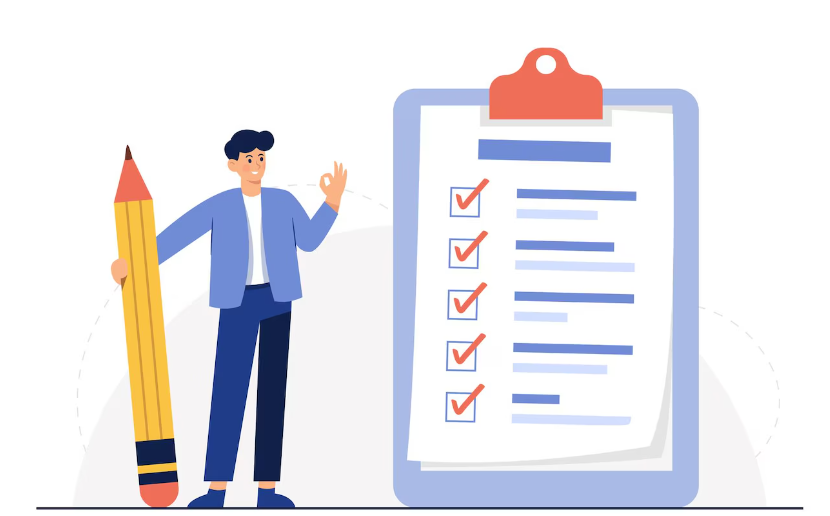Responsive Search Ads (RSAs) have really shaken up how we do digital advertising. They let you test multiple headlines & descriptions, dynamically creating the best combo for any search query. Now, one of the biggest blunders folks make with RSAs? Stuffing ad groups with way too many keywords. It sounds minor but can mess up ad performance, budget efficiency, and overall campaign outcome big time. Let’s dig into why this is so bad and what you can do to fix it.
Table of Contents
Why Overloading Ad Groups with Keywords is Problematic:
When you crowd an ad group with keywords, here’s what goes wrong:
Diluted Relevance:
RSAs are smart; they match search queries to the most relevant ad combos. But when an ad group has a ton of keywords, relevance drops. This can cause lower click-through rates (CTR) & higher costs per click (CPC).
Reduced Quality Score:
Google’s ranking system loves relevance. Overloaded ad groups often produce ads that don’t fit individual search queries well, lowering Quality Scores. Lower scores? Higher CPC and less visibility for your ads.
Inefficient Ad Testing:
RSAs shine by letting you play around with headlines and descriptions for optimal results. Too many keyword variations muddy the waters, making it tough to see which elements perform best.
Budget Misallocation:
A packed ad group makes it tricky to spread your budget right. High-performing keywords might get ignored while underperformers could burn through your budget without delivering results.
The Solutions:

Here’s how to fix these issues by organizing ad groups better:
1. Group Keywords by Theme
Start keeping keywords together based on themes or topics. Each ad group should have related keywords sharing common intent for high relevance.
Example:
Advertising running shoes? Have separate groups like “trail running shoes,” “road running shoes,” & “minimalist running shoes.” This makes your ad copy more relevant.
2. Use Single Keyword Ad Groups (SKAGs)
SKAGs give you maximum control & relevance by having just one keyword per ad group with multiple match types.
Example:
Instead of grouping “running shoes,” “best running shoes,” and “buy running shoes,” split them into individual SKAGs. Tailor the ad copy specifically for each one.
3. Craft Specific Ad Copy
With fewer keywords, writing targeted and specific ad copy gets easier, boosting relevance and performance.
Example:
For a “trail running shoes” group, use headlines like:
- “Top Trail Running Shoes for All Terrains”
- “Conquer Any Trail with Our Running Shoes”
- “Durable Trail Running Shoes for Adventurers”
4. Regularly Review and Optimize
Organizing your ads isn’t a one-off thing; keep checking performance! Monitor CTR, Quality Score, conversion rates—adjust as needed.
Example:
If some keywords perform better, consider new groups or SKAGs for them. Pause or remove those that don’t work to save your budget.
5. Implement Negative Keywords
Use negative keywords to exclude irrelevant searches ensuring high relevance stays intact.
Example:
Selling premium trail running shoes? Add “cheap” or “discount” as negative keywords to dodge bargain hunters who aren’t your target crowd.
Key Takeaways:

Overcrowding keywords in ad groups is a common pitfall that wrecks the performance of RSAs. By organizing more granularly, you keep ads super relevant, improve Quality Scores & boost ROI on ads.
Effective organization includes grouping by theme, using SKAGs, crafting sharp ad copy, regular reviews & optimizing performance plus leveraging negative keywords. Stick to these practices to avoid keyword overload pitfalls and unlock RSAs true potential for better campaign outcomes.
At Ad Labz, we help businesses nail their digital advertising goals! Ready to upgrade your Google Ads strategy for software services? Contact Ad Labz today—let’s achieve exceptional results together! Click here to see our services.


